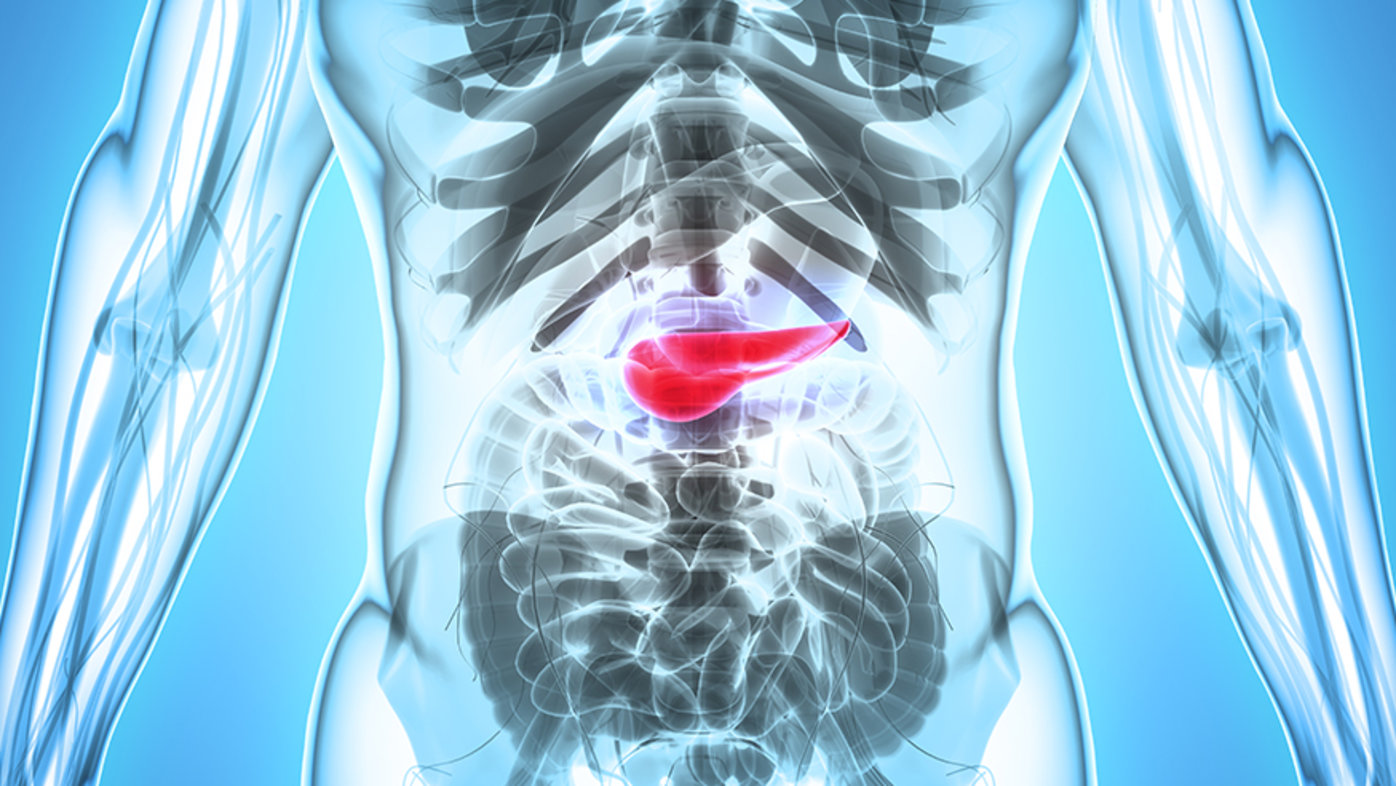Certain diseases cast shadows across the vast landscape of health that can be awe-inspiring as well as intimidating. Medical professionals and scientists alike have been awed by pancreatic cancer. It’s a debilitating illness that affects a large number of people every year. It is often referred to as the “silent killer” because it can be difficult to identify in its initial stages. It is possible to reduce the risk of getting pancreatic cancer following a few steps and assisting research.
Signs of pancreatic cancer The silent threat
Before we look into ways to prevent the disease and provide assistance, we must discern the subtle messages that pancreatic cancer could be sending. The whispers of pancreatic cancer are often ignored in the chaos of daily life. It is essential to discern these warnings to allow you to detect the disease early, at which point it is more effective.

Pancreatic cancer is notorious for its inscrutable nature. The signs and symptoms may be obscure and easily dismissed, yet they are of great importance. Weight loss that isn’t explained, abdominal discomfort that radiates into the back, jaundice or changes in stool color are all indicators of early warning. Furthermore, new-onset or a sudden increase in existing diabetes could also be a sign of a red flag. These whispers, while seemingly harmless on their own, could signal something much more serious.
Improving action: reducing chance of pancreatic cancer
As the knowledge of pancreatic cancer grows, our resolve to fight it increases. Knowledge of pancreatic carcinoma prevention is our armour and understanding is our protection. It is possible to take a number of steps to lower the risk of contracting the disease. This will equip you with the understanding and confidence that comes from making informed choices.
1. Healthy lives: Our daily routines provide the base for prevention. Maintaining a healthy weight, consuming an omnivorous diet that is rich in whole grains fruit, vegetables, as well as whole grains, and avoiding beverages that are high in sugar and processed foods will reduce the chance of pancreatic cancer.
2. It is essential to stop smoking for smokers. Smoking is known to be an increase in risk for pancreatic cancer. By quitting smoking, you will not just improve your health, but also reduce the risk of pancreatic carcinoma.
3. Moderate alcohol consumption is recommended. While one glass of wine can provide some health benefits, an excessive drinking alcohol may increase the risk of pancreatic carcinoma. Always the key is moderation.
4. Genetic counseling. This is especially important when your family history includes a history of pancreatic disease or if you are a carrier of genetic mutations predisposing you to it. Understanding your risks empowers you and will encourage regular screenings.
Helping to support the march of progress Donating to pancreatic cancer research
Research is a beacon of light in the medical field that offers hope for new treatment options, and eventually a cure. The fight against pancreatic carcinoma is bolstered by the efforts of committed researchers who work hard in labs, trying to understand the complex mechanisms that cause this illness.
A donation to research into pancreatic cancer is more than just a token of generosity. It’s an investment into the future. Each donation, no matter its size, fuels the engine for progress. It is the fuel for advancement in the pursuit of earlier detection, better treatment options, and better understanding of the complexity of the cancer. Your donation is a crucial thread that weaves into the fabric of discovery in science. It is a lifeline to all patients who face difficulties with their pancreas.
Your contribution is weaved into a tapestry. impact of your contribution
Your donation to pancreatic cancer research creates a ripple effect that resonates far beyond the confines of a laboratory. It’s a lifeline for patients and families grappling with the burdens of this illness. It’s a testimony of humanity’s compassion and the power of solidarity, lending a hand to those who need it most.
Furthermore, your contribution helps to encourage collaboration between scientists, creating an environment in which ideas come together as well as innovation thrives. breakthroughs take shape. Your contribution strengthens our determination to tackle the pancreatic cancer puzzle in a piece-by-piece fashion until we reach a clearer picture.
Pancreatic cancer is a multifaceted condition that requires education and prevention, as well as support. We are able to decode the symptoms of pancreatic cancer and adopt prevention strategies informed by research. However, we also offer our assistance through donations that help to fuel the research engine. Science and compassion are interwoven in this quest. We’ll reach an end-to-end solution that solves the mystery of pancreatic carcinoma, is a life saver, and gives us optimism.